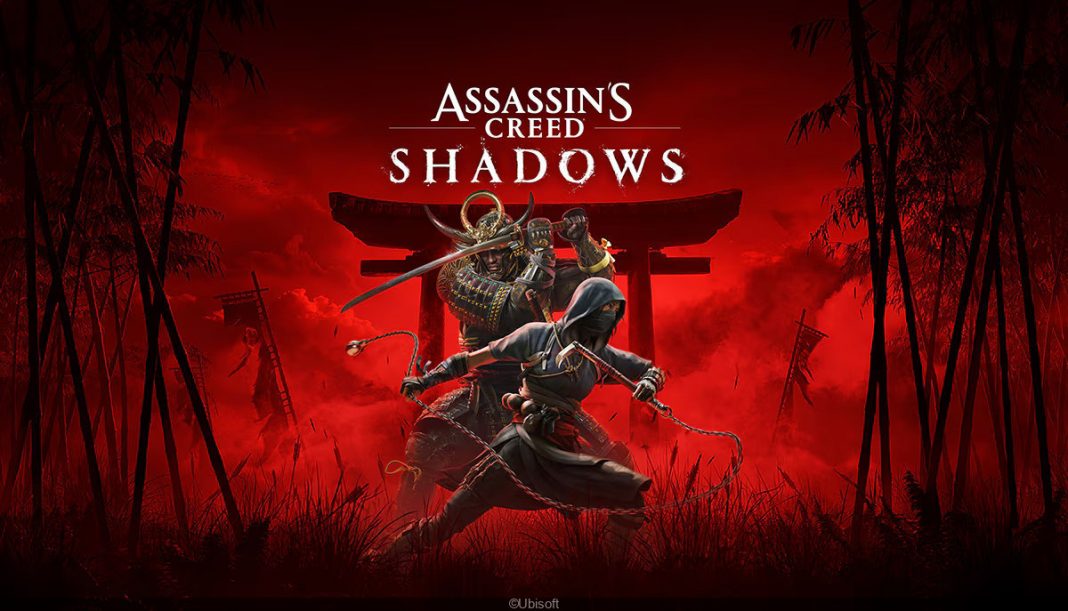On March 20, 2025, to equal parts fanfare and trepidation, Ubisoft launched Assassin’s Creed Shadows, the fourteenth major installment in its iconic stealth-action franchise.
Set against the vivid backdrop of feudal Japan during the Sengoku period, the game introduces players to a dual-protagonist narrative featuring Yasuke, an African samurai inspired by a real life historical figure, and Fujibayashi Naoe, a skilled kunoichi.
With a turbulent development cycle marked by delays and controversies (more on that in a moment), the stakes were high for Ubisoft, a company grappling with financial woes and a battered reputation following underwhelming releases like Star Wars Outlaws. Yet, early indicators suggest that Assassin’s Creed Shadows has not only met expectations but emerged as a resounding success, potentially signaling a turning point for both the franchise and its publisher.
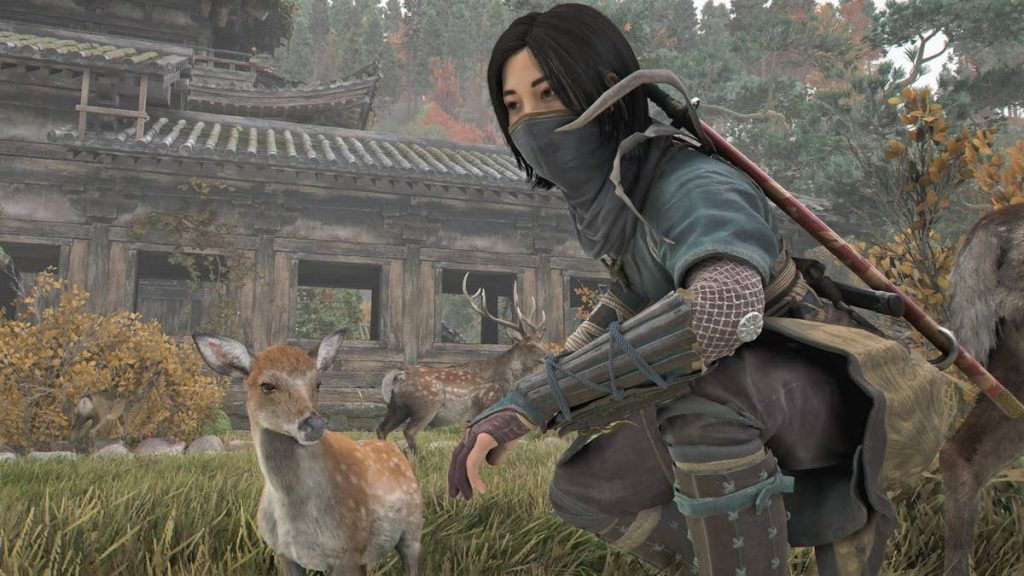
Within hours of its release Assassin’s Creed Shadows shattered expectations by surpassing 1 million players across all platforms on launch day, a milestone Ubisoft proudly announced before 4 PM in Canada.
By March 22, just two days later, the game had reached 2 million players, outpacing the launch performances of both Assassin’s Creed Origins (2017) and Assassin’s Creed Odyssey (2018). While Ubisoft has yet to disclose precise sales figures, the game’s dominance on Steam, where it topped the global sales chart by revenue, offers a compelling hint of its commercial strength. Steam’s concurrent player count peaked at 41,412 on launch day and climbed to 58,894 by March 22, securing its place among the platform’s top 30 most-played titles. (For context, this figure rivals the launch performance of BioWare’s Dragon Age: The Veilguard, which hit 70,414 concurrents in October 2024, underscoring Shadows’ robust debut.)
The game’s pre-order performance further bolsters that narrative. In February 2025, Ubisoft reported that Shadows pre-orders were tracking on par with Assassin’s Creed Odyssey, the franchise’s second-best-selling title with over 10 million units sold and 30-40 million players to date.
While Assassin’s Creed Valhalla (2020) remains the series’ commercial pinnacle with 20 million copies sold and a staggering $1 billion in revenue, Shadows appears poised to challenge Odyssey’s legacy, if not approach Valhalla’s heights.
The inclusion of the game on Ubisoft+ and its simultaneous launch on Steam (marking a return to Valve’s platform after years of exclusivity on Epic Games Store and Ubisoft Connect) likely amplified its reach, drawing in both loyal fans and newcomers eager to explore the game’s lush setting.
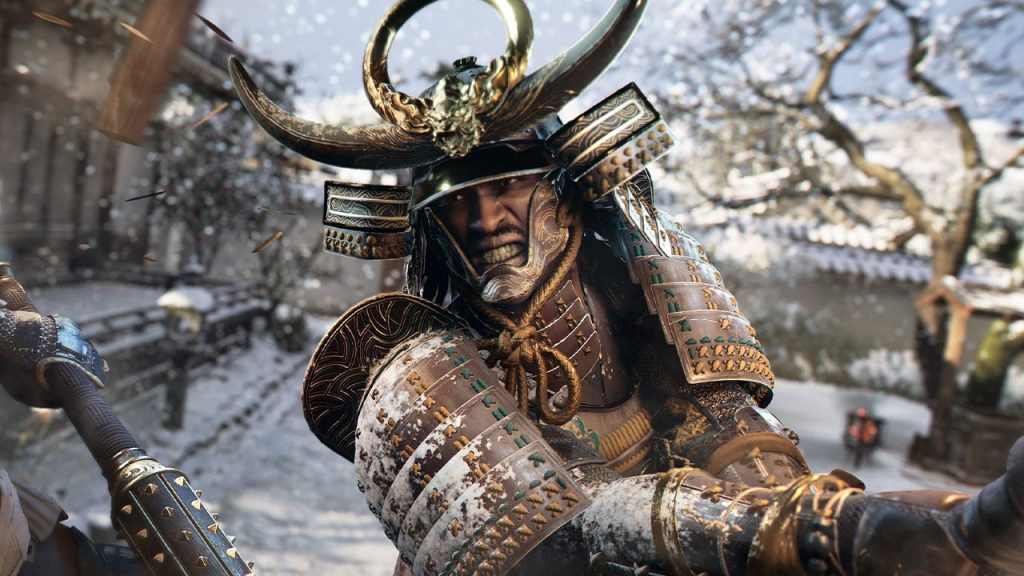
Critically, Assassin’s Creed Shadows has landed solidly in the franchise’s typical range, earning (as I write) an 81 on Metacritic for PS5 (based on 78 reviews), 85 on Xbox Series X (20 reviews), and 78 on PC (45 reviews).
Player reception has been even more enthusiastic. On Steam, Shadows boasts a “Very Positive” rating, with 81-82% of over 6,000 user reviews marked positive as of March 22. PlayStation Store users rated it 4.79 out of 5 based on 1,834 votes, reflecting widespread approval.
However, the road to Shadows’ release has been far from smooth. Initially slated for November 15, 2024, the game faced two delays. The first pushed the intended launch date to February 14, 2025, and the second to March 20, forcing Ubisoft to cancel its season pass, refund pre-orders, and offer the first expansion free to potentially disgruntled buyers.
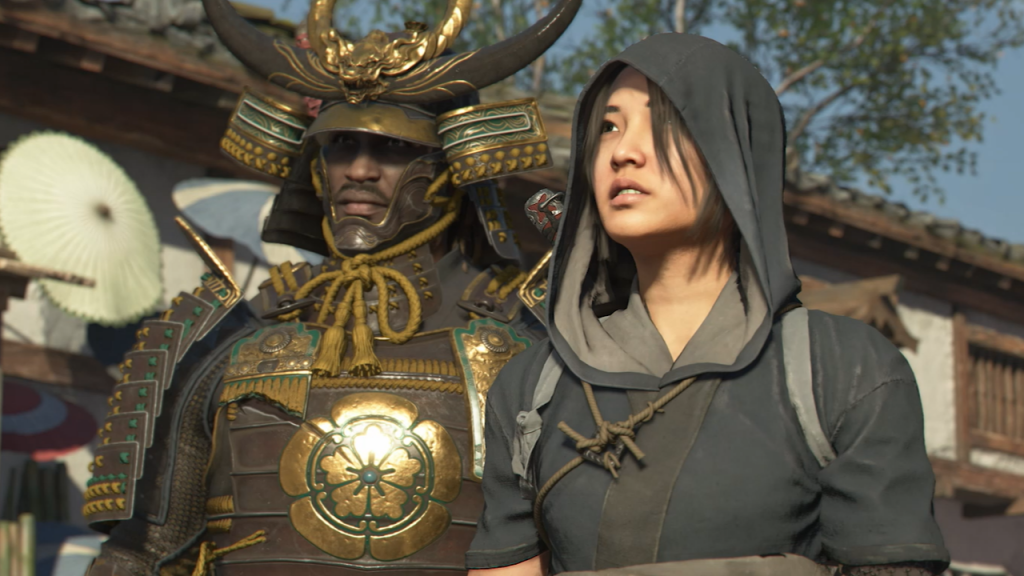
Controversies also swirled around cultural sensitivities, particularly Yasuke’s inclusion as a Black samurai and in-game depictions of Japanese shrines, drawing scrutiny from Japanese politicians and players alike. Yet, these hurdles appear to have galvanized interest rather than derailed it. As industry analyst Joost van Dreunen suggested, the “free press” from such debates may have heightened the game’s allure, a phenomenon borne out by its strong launch metrics.
Nevertheless, with launch day approaching Ubisoft took measures to implement an anti-harassment plan designed to shield its developers, particularly those at Ubisoft Quebec, from online abuse.
Staff were reportedly advised not to celebrate the game’s release on social media or identify themselves as Ubisoft employees to avoid becoming targets. This follows months of vitriol directed at the team, much of it from self-described “anti-woke” factions upset over Yasuke’s inclusion and perceived DEI influences.
Ubisoft also assembled a team, including legal resources, to combat harassment. The company has emphasized that employee safety, including online well-being, is a top priority, offering guidance on digital safety and resources to mitigate harassment.
Other companies such as Square Enix have also recently followed suit in adopting similar anti-harassment policies amid a rising toxicity in gaming discourse.
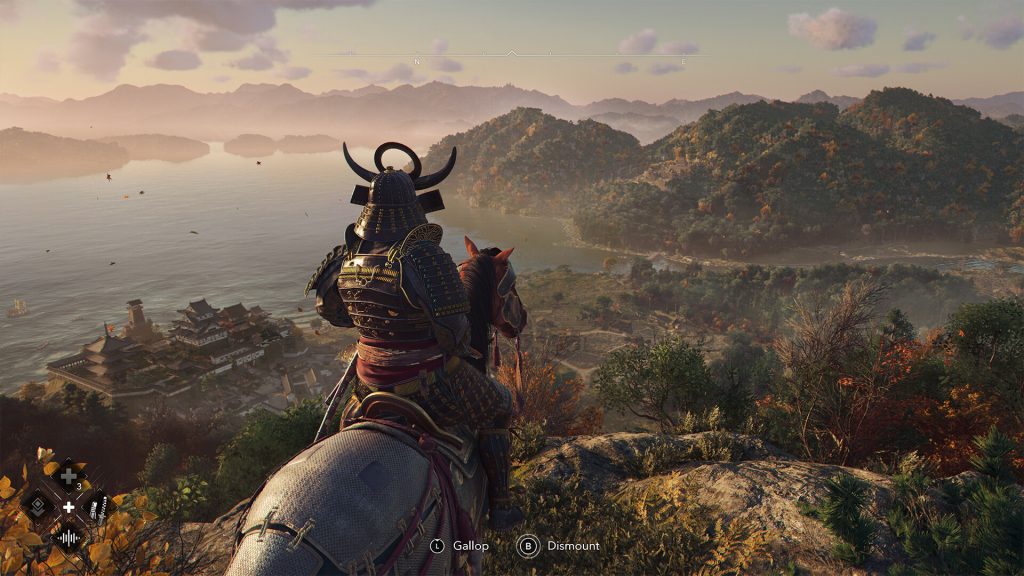
The Assassin’s Creed Shadows furore reflects broader tensions in gaming: clashes between creative freedom and fan expectations, rage-baiting for profit on social media, the politicization of diversity in media (X chief and used-car salesman Elon Musk claimed in a post that “DEI kills art”), and the growing challenge of managing online communities.
Despite the controversies, for Ubisoft at least, Shadows’ success is more than a win; it’s a lifeline.
The company’s stock plummeted 77% since 2020, with its market cap dwindling to $1.75 billion by early 2025. High-profile flops like Star Wars Outlaws and canceled projects exacerbated financial strain, while takeover rumors involving Tencent and the founding Guillemot family loomed large.
Shadows, with its reported budget of $250-350 million, needed to seriously perform in order to stabilize Ubisoft’s fortunes. And early signs suggest it’s on track to do so, though it’s unlikely to match Valhalla’s $1 billion haul in today’s tougher market. Still, surpassing 7-9 million units — a threshold some analysts peg as necessary to break even — appears within reach, especially with Ubisoft+ bolstering player numbers.
Assassin’s Creed Shadows isn’t a revolution, but it doesn’t need to be. It’s a polished, crowd-pleasing return to form that leverages a long-requested setting and a proven formula to deliver a hit. As it heads into its second week, with player counts expected to climb, the game stands as a testament to Ubisoft’s resilience.
Whether it can sustain this momentum and secure a spot among the franchise’s elite remains to be seen. Competition looms with Ghost of Yotei later in 2025. However, for now, Shadows has cast a bright light on Ubisoft’s future, proving the Creed still has life left to give.
Follow us @TVPulseMag on X and TVPulseMag.com on Bluesky for more Gaming scoop.
